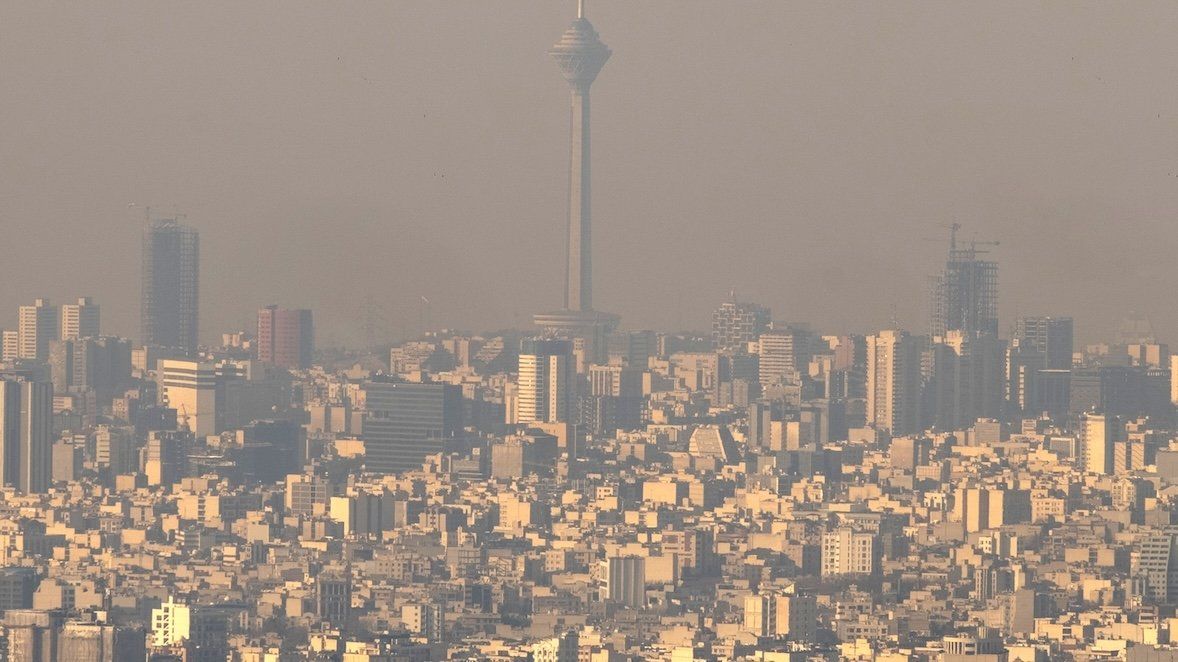Hard Numbers: Tehran’s pollution closes schools, Social media swing vote, Militia controls Myanmar-Bangladesh border, Signs of Assad-era torture, Big boost for Ukraine
10 million: Officials in Tehran, a city of more than 10 million people, closed elementary schools and kindergartens on Saturday and Sunday because of dangerous levels of air pollution. On Tuesday, they announced the closure of all governmental offices, universities, and schools on Wednesday and Thursday. Schools will move classes online. In Iran, schools are generally open from Saturday to Wednesday.
45: A new survey found that 45% of “Swing voters” in the US presidential election reported getting most of their news from social media. Just 39% cited local news as their primary source of information, and 38% cited broadcast news.
168: A militia fighting on behalf of the Buddhist Rakhine minority group has driven Myanmar’s army out of its last outpost along the country’s 168-mile border with Bangladesh. This rebel group now claims control of the northern part of Rakhine state, where locals have pushed for independence.
40: The HTS rebels who now control Syria’s government say their search of a hospital morgue has discovered 40 bodies that show signs of torture by former dictator Bashar Assad’s security forces. Human rights groups say more than 100,000 people have disappeared since Assad ordered the 2011 crackdown on protests that ignited the country’s civil war.
20 billion: The US confirmed that it has sent $20 billion to Ukraine from seized Russian assets as part of a $50 billion G7 package to make Russia “bear the costs of its illegal war, instead of taxpayers," in the words of Treasury Secretary Janet Yellen. The US Treasury transferred the $20 billion to a World Bank fund; money handled by the World Bank cannot be used for military purposes. Instead, it is intended to be used for hospitals and emergency services. The move comes weeks before the inauguration of President-elect Donald Trump, who has said he would cut aid to Ukraine.
